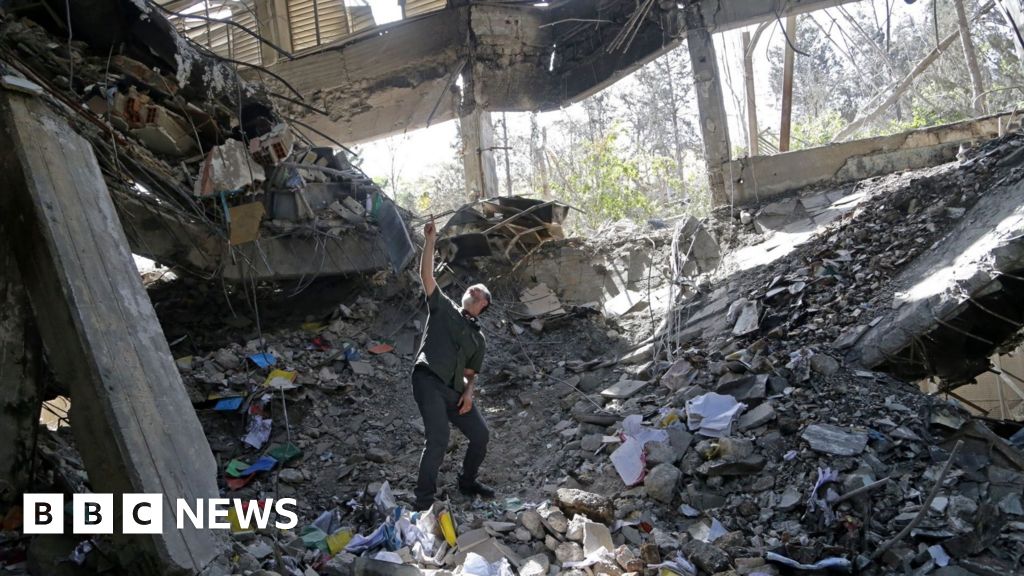Historically, dogs have been considered "unclean" by the Islamic Regime since the 1979 revolution, leading to a growing stigma surrounding pet ownership. However, the trend of keeping dogs is on the rise, particularly among the youth, as a form of resistance against the conservative policies imposed by the government.
Reports indicate that a crackdown has led to legal actions being threatened against non-compliant dog owners, including arrests and confiscation of pets. Despite these measures, many continue to walk their dogs covertly or in isolated locations to avoid detection. While there is no overarching national law prohibiting dog ownership, local restrictions can be quite stringent.
Prominent officials, such as Abbas Najafi, the prosecutor of Hamedan, have suggested that dog walking poses a threat to public health and peace. Politicians and religious scholars often regard pet ownership as un-Islamic, with Iran's supreme leader explicitly condemning dog ownership unless it pertains to herding, hunting, or security. The regime's hostility towards pet ownership leads some to argue that law enforcement should focus on more pressing public safety issues rather than regulating personal liberties.
The cultural backlash against these restrictions has sparked discussions on the rights of pet owners in Iran, framing them within a broader context of dissent against an oppressive system.
Reports indicate that a crackdown has led to legal actions being threatened against non-compliant dog owners, including arrests and confiscation of pets. Despite these measures, many continue to walk their dogs covertly or in isolated locations to avoid detection. While there is no overarching national law prohibiting dog ownership, local restrictions can be quite stringent.
Prominent officials, such as Abbas Najafi, the prosecutor of Hamedan, have suggested that dog walking poses a threat to public health and peace. Politicians and religious scholars often regard pet ownership as un-Islamic, with Iran's supreme leader explicitly condemning dog ownership unless it pertains to herding, hunting, or security. The regime's hostility towards pet ownership leads some to argue that law enforcement should focus on more pressing public safety issues rather than regulating personal liberties.
The cultural backlash against these restrictions has sparked discussions on the rights of pet owners in Iran, framing them within a broader context of dissent against an oppressive system.

















